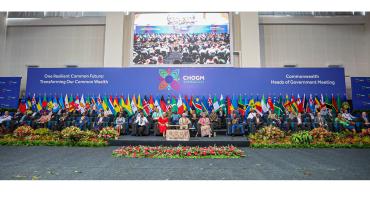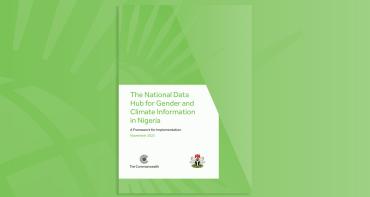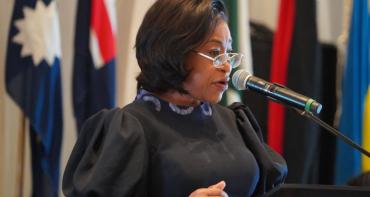At the Closing Ceremony of the Commonwealth Women’s Forum today, Deputy Secretary-General Arjoon Suddhoo thanked delegates for their continued commitment to gender equity and women’s empowerment.
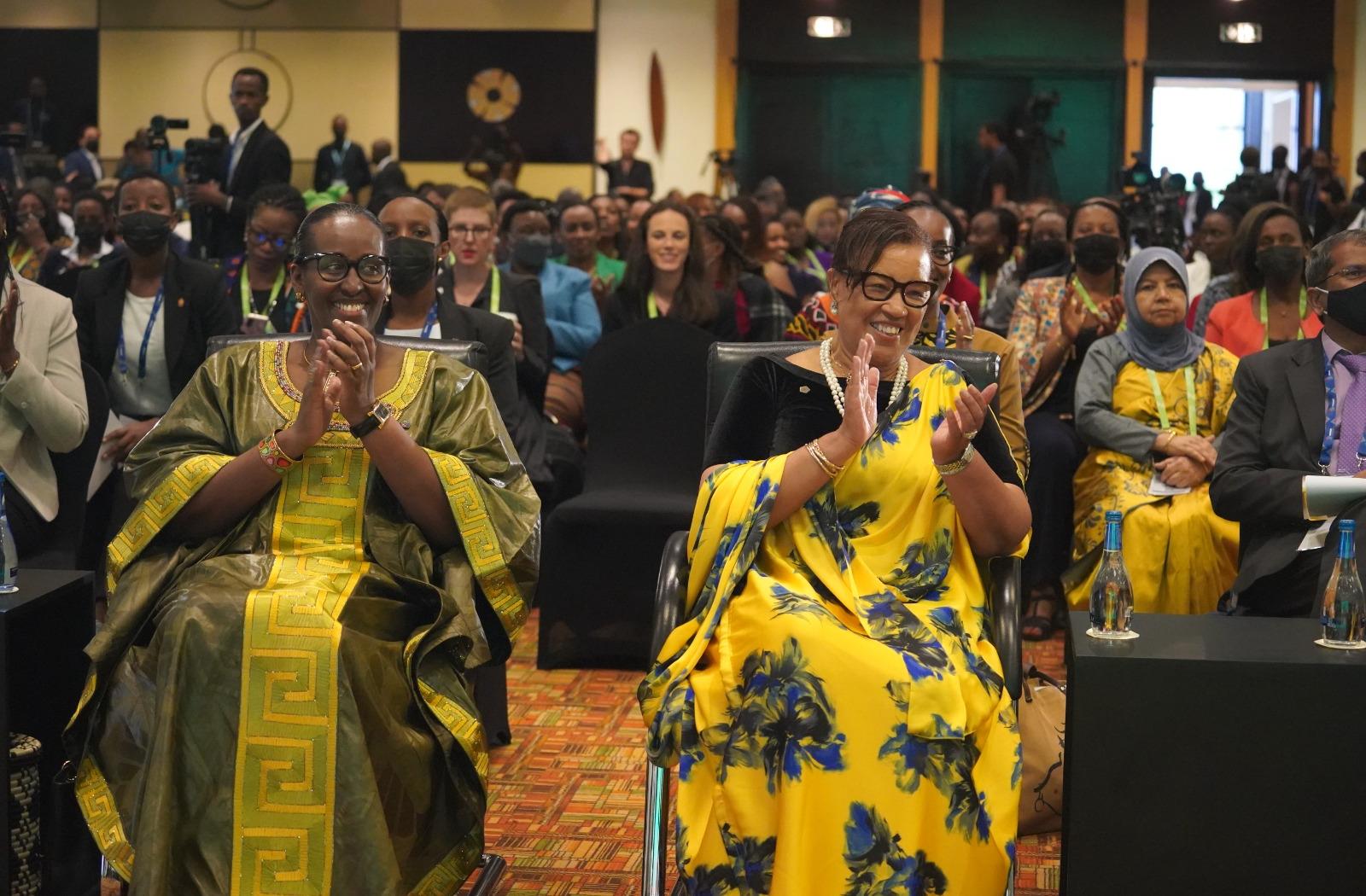
With over 600 delegates registered and almost 60 speakers, delegates from all over the Commonwealth discussed issues as diverse as women’s leadership, economic empowerment, preventing violence against women and girls, climate change, cervical cancer, peace and security as well as how to hold governments accountable on their gender commitments.
Speaking at the closing, the Deputy Secretary-General said:
“We’ve heard many examples of inspiring and transformative solutions and actions on advancing gender equality in the Commonwealth and beyond. This gathering of inspiring women and men, tirelessly working towards achieving gender equality, has once again shown us that when we join together to improve the lives of millions of women and girls in our member countries, communities can be transformed for the better.”
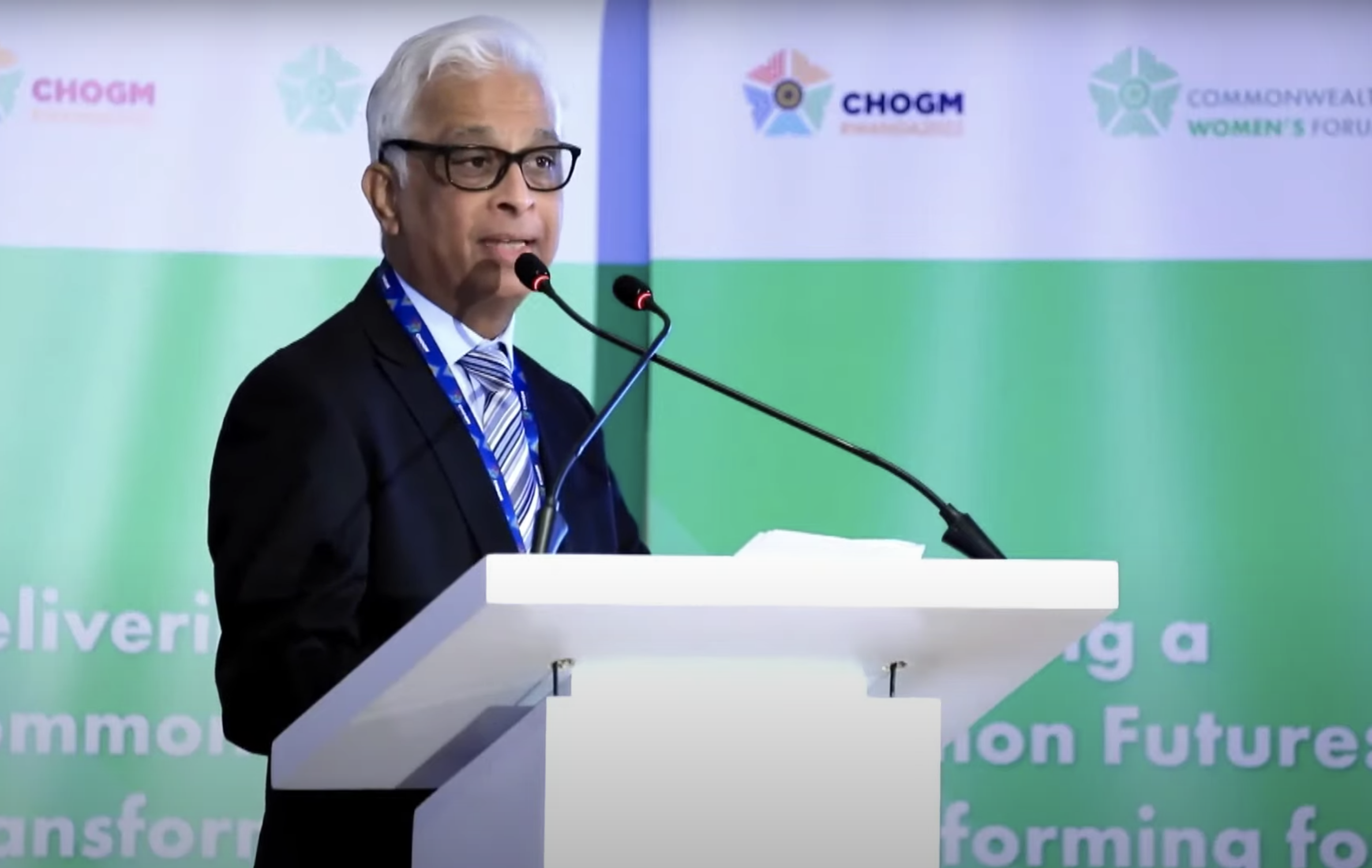
Women's Forum outcomes
He then went on to outline the main outcomes of the Women’s Forums which will be formalised and provided to Foreign Affairs Ministers ahead of the meeting of the Heads of Government at the end of this week.
- A repeated theme was the need for increased resources to strengthen gender equality and women’s empowerment in all spheres.
- Similarly, the importance of collecting accurate and regular disaggregated data was a repeated theme – without sufficient data, we do not know where gaps and progress are. This is applicable again to all spheres, from ending violence against women and girls, to leadership, to economic empowerment, to the digital economy.
- The need to link economic empowerment with access to quality education for all was also raised. This includes financial education and literacy, and education for older women.
- Trade and women’s economic empowerment are deeply interlinked, and the barriers women face are high, including stigma, violence and harassment. The transactional costs are also high, and there is a need for clear and accessible information on taxes and customs for example. It is an opportunity to bring women in the informal sector into the formal sector, and to provide access to finance.
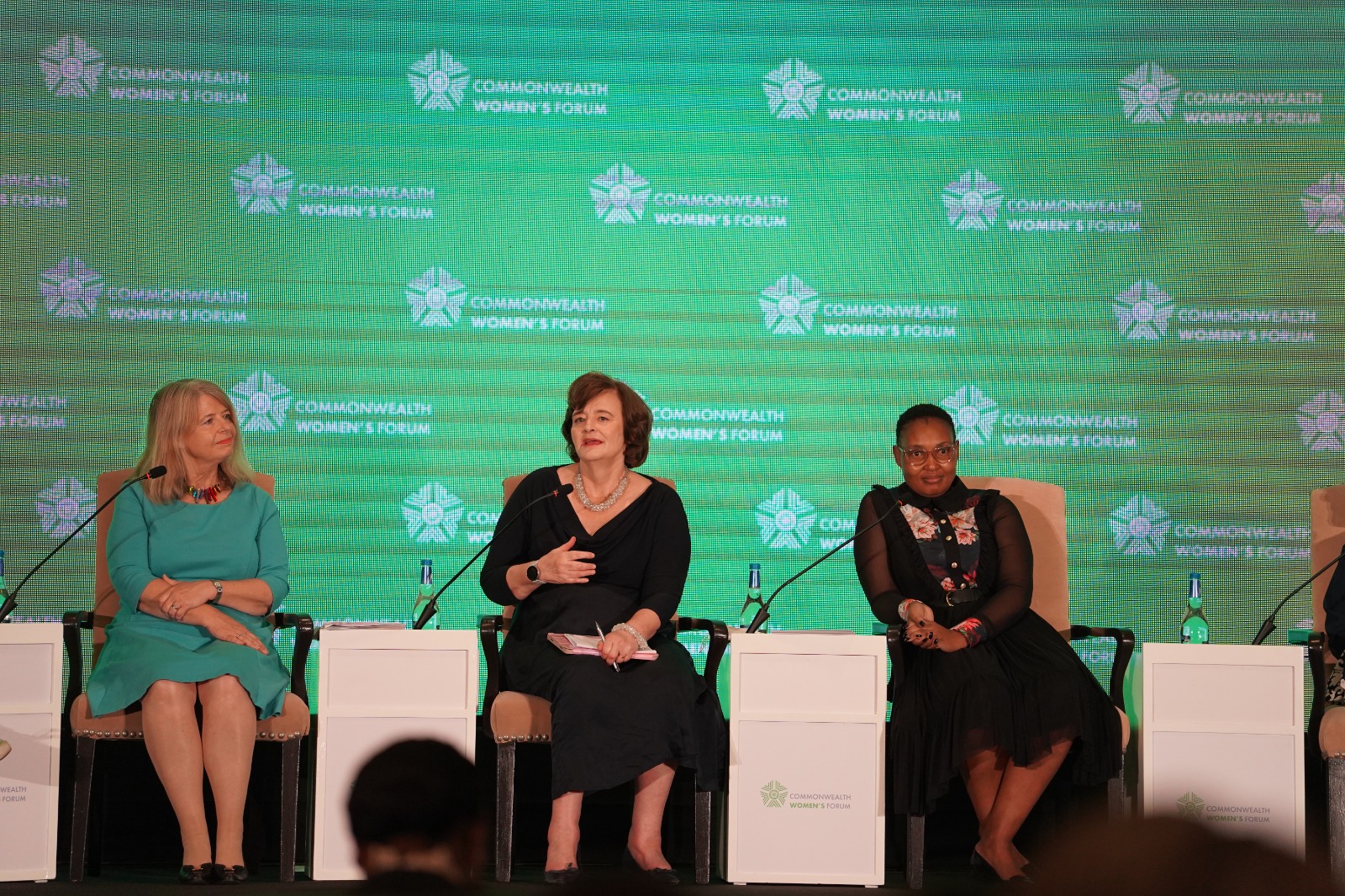
- The economic empowerment of women is not possible without addressing violence against women and girls first. Listening to survivors’ voices and needs, including in designing and implementing initiatives which engage men and boys, is of fundamental importance in our efforts to end violence. To be effective, this work also requires high-level political commitment and leadership, active participation of us all, as well as allocation of sufficient, sustainable funding.
- Dignity and respect for older people should not only be promoted but ensured through provision of quality healthcare and palliative care for older people and support carers of the aged; and tackling poverty in old age.
- Work with governments, businesses and traditional leaders should focus on addressing discrimination against older women, and provision of platforms for intergenerational dialogue not only to recognise the role older people play in our societies, but also to enable transfer of skills between younger and older women.
- Accountability mechanisms need to take into account the intersectionality of women: disability, sexual orientation, gender identity and age. If these mechanisms are not inclusive, we will undoubtedly leave people behind.
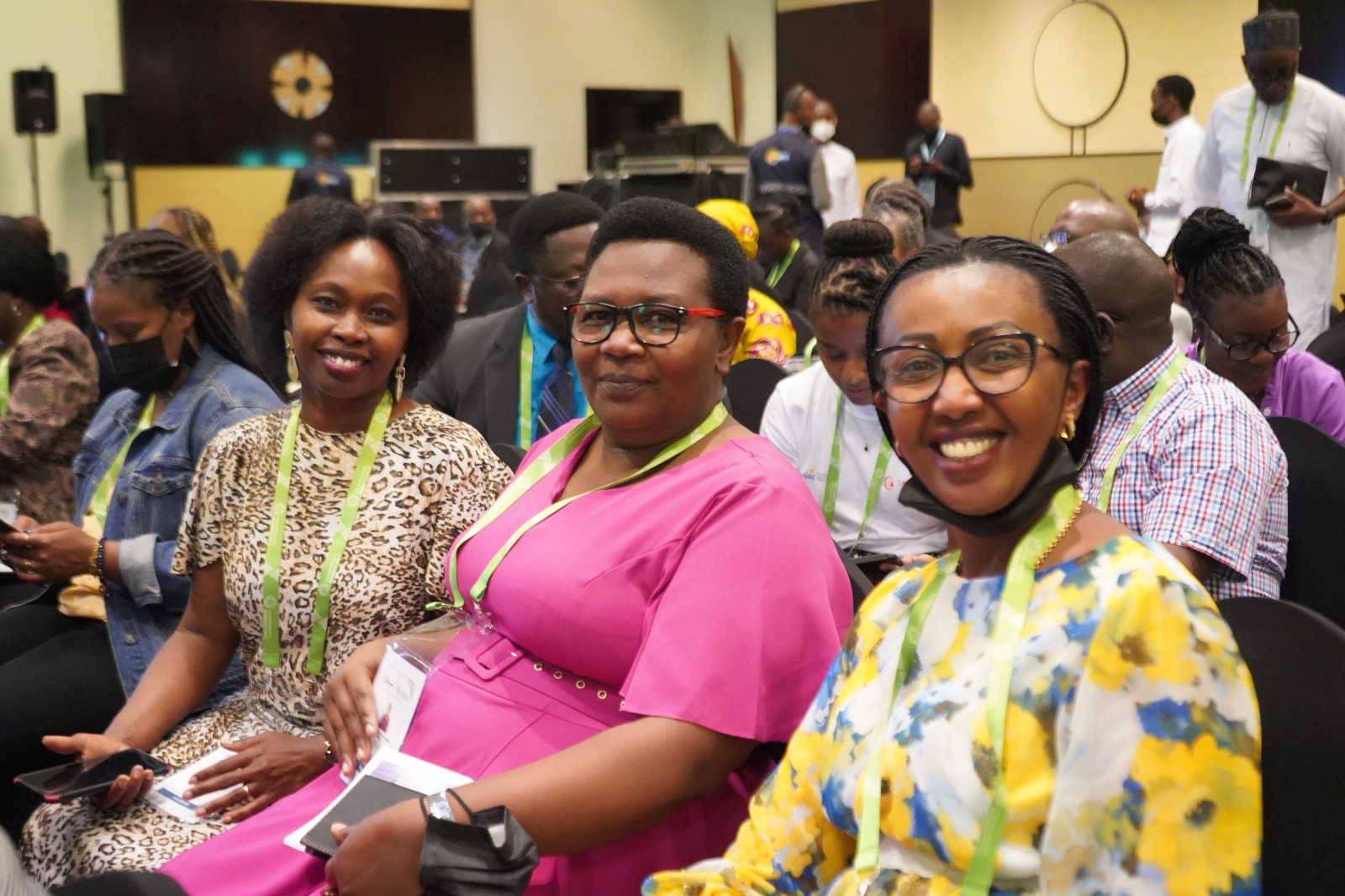
- Human Capital Development is a key priority for the whole of the Commonwealth. It is increasingly important that skills and literacy are a focus area across sectors so that girls and women are able to fully participate in the digital economy.
- Lastly while the Commonwealth represents over 30% of the world’s population, it accounts for 40% of the global cervical cancer incidence and 43% of global mortality due to cervical cancer.
- Cervical cancer is one of the only cancers with proven elimination strategies, namely the Human Papillomavirus (HPV) vaccine and yet only 13 percent of girls aged 9–14 years globally were vaccinated as of 2020.
- Cervical cancer elimination is a health equity and social justice concern that transcends gender. Clearing the path to cervical cancer elimination requires combined joint efforts by many actors, including addressing inequity of access to HPV vaccines and screening.

